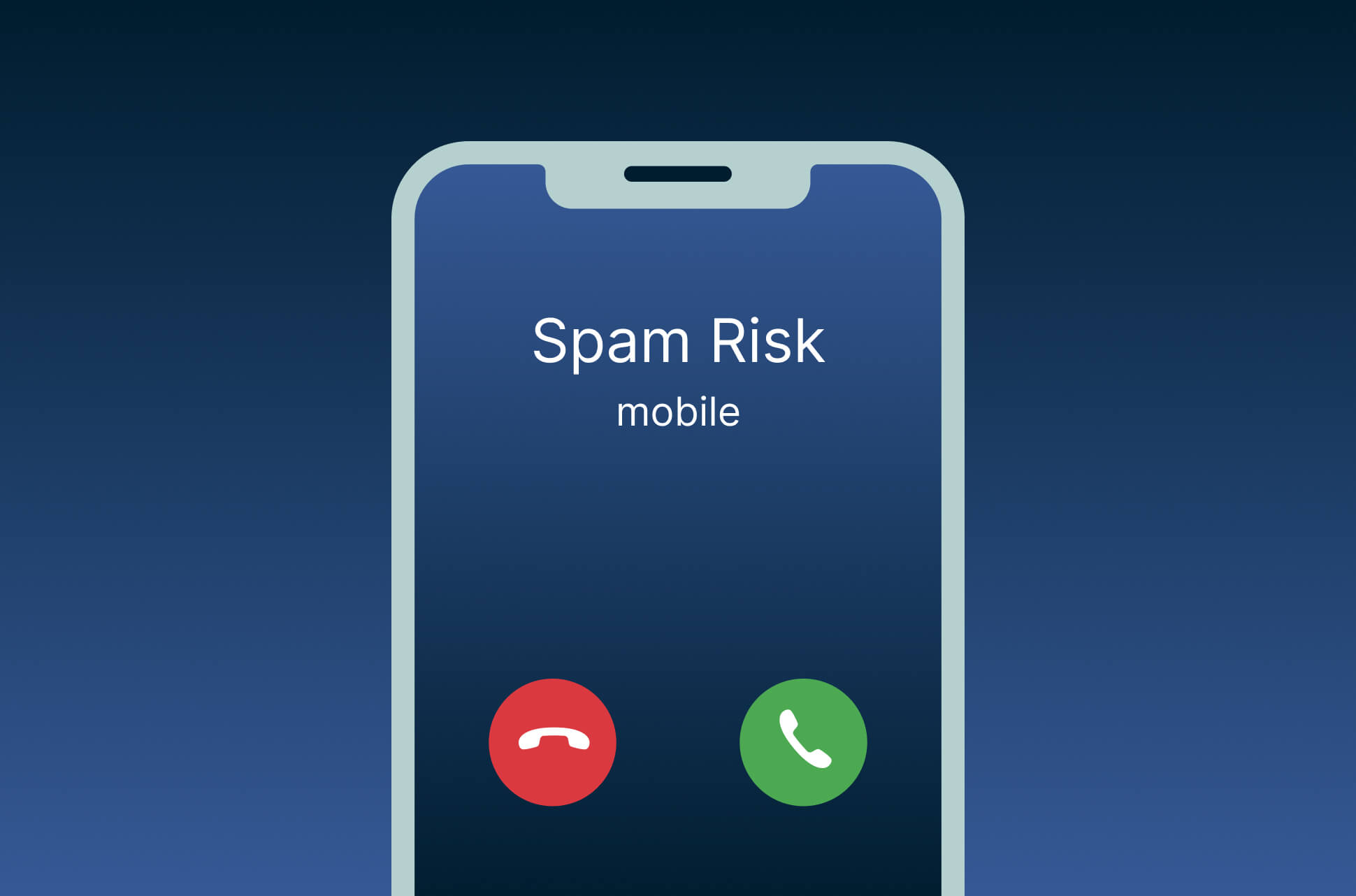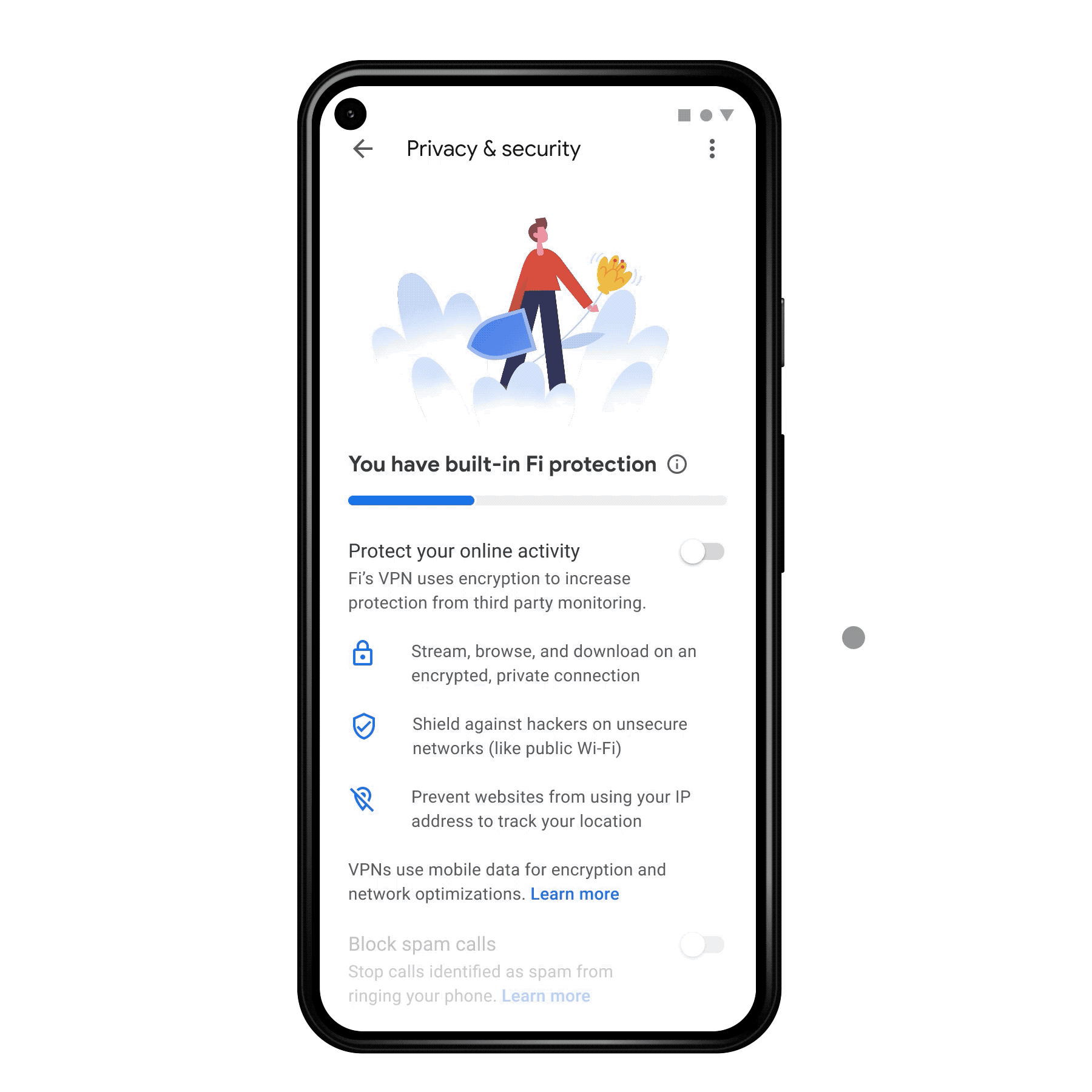Yes, spam callers often use VPNs to hide their identities. This practice makes it difficult to trace their actual location.
Spam calls have become a nuisance for many phone users. These unsolicited calls often come from unknown numbers and can disrupt daily life. Technology has enabled spammers to utilize tools like VPNs, which allow them to mask their real phone numbers.
This anonymity helps them bypass call-blocking systems and legal regulations. Understanding how spam callers operate can empower individuals to protect themselves from these intrusions. By recognizing the tactics used, one can take proactive steps to minimize unwanted calls. Awareness is crucial in combating this growing issue in our increasingly digital world.
The Rise Of Spam Calls
Spam calls have become a major issue worldwide. Millions of people receive these annoying calls daily. They disrupt lives and waste valuable time. Understanding this trend is crucial for everyone.
Spam Calls: A Global Nuisance
Spam calls affect people in every country. They target individuals and businesses alike. Here are some key facts:
- Over 30% of all phone calls are spam.
- In the U.S., spam calls increased by 50% in 2022.
- Many spam calls come from international numbers.
This global nuisance harms trust in phone communication. Many people ignore calls from unknown numbers. This behavior limits legitimate calls from reaching them.
How Technology Fuels Spam Calls
Technology plays a big role in the rise of spam calls. Here are some factors that contribute:
| Factor | Description |
|---|---|
| Voice over Internet Protocol (VoIP) | VoIP allows easy and cheap calling worldwide. |
| Caller ID Spoofing | Scammers disguise their number to trick people. |
| Auto-Dialers | These machines dial multiple numbers automatically. |
These technologies enable spam callers to reach more people. Many users feel helpless against these tactics.
Awareness is essential. People need to know how to protect themselves. Blocking unknown numbers can help reduce spam calls.
Understanding Vpns
VPNs, or Virtual Private Networks, protect your online privacy. They hide your real IP address. This makes your online activities harder to track. Many people use VPNs to enhance their security.
The Basics Of Vpn Technology
A VPN creates a secure connection over the internet. It uses a special tunnel for your data. This tunnel keeps your information safe from hackers.
- Encryption: VPNs encrypt your data.
- IP Masking: They hide your real IP address.
- Remote Access: Users can connect from anywhere.
VPNs can be used on various devices. They work on computers, tablets, and smartphones. A VPN is simple to set up and use.
Why People Use Vpns
Many individuals and businesses use VPNs for several reasons:
- Privacy: VPNs keep your online activities private.
- Security: They protect sensitive information.
- Access: VPNs allow access to restricted content.
- Bypass Censorship: Users can access blocked websites.
People value their privacy. VPNs provide peace of mind. They can help you stay safe online.
| Benefit | Description |
|---|---|
| Enhanced Privacy | Protects your personal information from prying eyes. |
| Data Security | Keeps your sensitive data safe from hackers. |
| Geographical Freedom | Access content from any location. |
Connecting The Dots: Vpns And Spam Callers
Spam callers are a nuisance for many. They use various tactics to hide their identities. One of these tactics involves Virtual Private Networks (VPNs). Understanding how spam callers utilize VPNs can help in recognizing their methods.
How Spam Callers Utilize Vpns
Spam callers leverage VPNs for several reasons:
- Anonymity: VPNs mask the caller’s real location.
- Changing IP Addresses: They can switch IPs easily.
- Avoiding Detection: VPNs help bypass security measures.
Using a VPN allows spam callers to:
- Make calls from anywhere.
- Hide their identity effectively.
- Evade law enforcement actions.
The Benefits Of Vpns For Spam Operations
VPNs offer significant advantages for spam operations:
| Benefit | Description |
|---|---|
| Secure Connections | Encryption keeps their activities hidden. |
| Access to Global Networks | They can target numbers worldwide. |
| Cost-Effective | VPNs are often affordable for spammers. |
These benefits enable spam callers to operate more efficiently. Using a VPN makes it hard to trace their actions. This creates challenges for authorities trying to stop them.

Credit: www.expressvpn.com
Unmasking The Tactics
Spam callers use clever methods to hide their identity. Understanding their tactics helps in combating unwanted calls. Many use technology to stay anonymous. One common method is using a VPN.
Evasion Techniques
Spam callers employ various techniques to evade detection. Here are some common methods:
- Caller ID Spoofing: They change the caller ID to mislead you.
- VPNs: Virtual Private Networks mask their real location.
- Robocalls: Automated systems make multiple calls quickly.
- Local Numbers: They use numbers that appear local to trick you.
The Art Of Anonymity
Using a VPN allows spam callers to hide their real IP address. This makes tracking them harder. Here’s how they benefit:
| Benefits of VPNs for Spam Callers | Description |
|---|---|
| Location Masking | They can choose any location to appear from. |
| Encryption | Their internet activity becomes hidden and secure. |
| Multiple Accounts | They can create many accounts without being traced. |
These tactics make it difficult for authorities to track spam callers. Awareness of their methods is crucial to protect yourself.
The Legal Grey Area
Spam callers often operate in a complex legal landscape. Laws exist to protect consumers, but loopholes are common. Many spam callers use VPNs to hide their identities. This raises questions about regulation and enforcement.
Regulations And Loopholes
Various laws target spam calls. The Telephone Consumer Protection Act (TCPA) is a key regulation. It restricts unsolicited calls and requires consent. However, loopholes allow spammers to evade these rules.
- Use of VPNs: VPNs mask the caller’s true location.
- Caller ID Spoofing: Callers can fake numbers easily.
- International Calls: Different countries have different laws.
These tactics make it hard for authorities to track spam callers. Many spammers exploit these gaps to continue their activities.
Enforcement Challenges
Enforcing laws against spam callers poses major challenges. Authorities face limited resources and technology. Many spam callers operate from overseas, complicating enforcement.
| Challenge | Description |
|---|---|
| Location Issues | Many spammers are outside of local jurisdiction. |
| Identification | VPNs make it hard to trace the real caller. |
| Legal Variations | Different countries have different laws on spam. |
These challenges hinder effective action against spam callers. Consumers continue to suffer from unwanted calls.

Credit: www.facebook.com
Protecting Yourself From Spam Calls
Spam calls can be annoying and disruptive. They can invade your privacy. Knowing how to protect yourself is crucial. Use effective strategies to minimize these unwanted calls.
Effective Countermeasures
Implement these simple strategies to combat spam calls:
- Register Your Number: Sign up for the National Do Not Call Registry.
- Block Unknown Numbers: Use your phone’s blocking feature.
- Use Call Screening: Enable call screening options on your device.
- Report Spam Calls: Notify your carrier about spam numbers.
- Avoid Sharing Your Number: Limit who gets your contact info.
Leveraging Technology For Defense
Use technology to shield yourself from spam callers:
| Technology | Description |
|---|---|
| Spam Call Apps | Apps identify and block spam calls automatically. |
| Carrier Services | Many carriers offer built-in spam protection services. |
| VPNs | VPNs can mask your number from potential spam callers. |
Stay updated on the latest spam call technologies. Regularly review your phone settings. Adjust privacy settings to enhance security.
The Future Landscape
The rise of spam callers using VPNs is changing how we communicate. As technology evolves, so do the tactics of these callers. Understanding this future landscape helps us prepare for what lies ahead.
Emerging Trends
Several trends are shaping the future of spam calls:
- Increased Use of Technology: Spam callers will use advanced tools.
- Global Operations: VPNs allow callers to hide their locations.
- AI Integration: Artificial intelligence will enhance their strategies.
- Data Breaches: More personal data will be available for targeting.
These trends suggest that spam calls will become more sophisticated.
Predictions And Preparations
Experts predict several key developments:
- Stricter Regulations: Governments may impose stricter rules on spam calls.
- Better Detection Tools: New tools will help identify spam calls.
- Public Awareness: More education will help people recognize spam.
- Collaboration: Companies will work together to combat spam.
To prepare for these changes:
- Stay informed about new technologies.
- Use call-blocking apps.
- Educate friends and family about spam calls.
By understanding these predictions, we can better protect ourselves.

Credit: blog.google
Frequently Asked Questions
Do Spam Callers Really Use Vpns?
Yes, many spam callers utilize VPNs to mask their location. By using a VPN, they can bypass geographical restrictions and hide their identity. This makes it harder for authorities to trace their activities. It also allows them to target a broader audience without revealing their true identity.
How Do Vpns Help Spam Callers?
VPNs provide anonymity to spam callers. They can change their IP address, making it appear as though they are calling from different locations. This tactic helps them evade detection and legal repercussions. It also enables them to reach potential victims across various regions with ease.
Can Vpns Prevent Spam Calls?
No, VPNs do not prevent spam calls. While they help callers remain anonymous, they do not stop the calls from being made. To reduce spam calls, users should consider using call-blocking apps or registering with the National Do Not Call Registry.
These measures are more effective in minimizing unwanted calls.
Are Spam Callers Always Using Fake Numbers?
Most spam callers use fake or spoofed numbers. This allows them to trick victims into answering their calls. By displaying familiar area codes or legitimate-sounding numbers, they increase their chances of getting a response. Awareness of this tactic is crucial for avoiding scams.
Conclusion
Spam callers often utilize VPNs to mask their identities and locations. This makes it harder for individuals to trace them. Understanding their tactics can help you recognize and block these unwanted calls. Stay informed and proactive in protecting your privacy.
Awareness is your best defense against spam calls.


0 comments